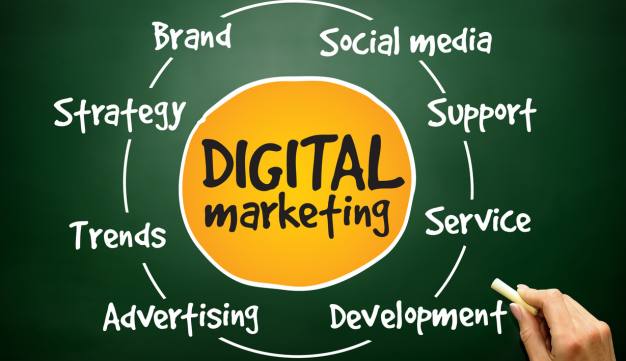
Business integrity, a prerequisite for success
Integrity in business drives the success of the entire enterprise
Integrity, a core value in any company, is not only an ethical pillar, but also a driving force for sustainable success.
In the business world, where transactions and relationships are key, integrity emerges as a vital differentiator.

In this analysis, we will explore how integrity not only improves products and services, but also strengthens business relationships and contributes to economic development.
At the heart of any successful business is the delivery of quality products and services. Integrity in business translates directly into an unwavering commitment to excellence.
When a company adheres to strong ethical standards and values, the resulting products are inherently better. This quality not only satisfies customers, but also builds a reputation that lasts.

Business relationships based on integrity are more than just transactions; they are partnerships founded on trust and mutual respect.
In a saturated market, where choice is abundant, trust becomes an invaluable asset.
Companies that operate with integrity not only retain customers, but also attract new ones through recommendations and positive referrals.
Business integrity is not only about doing the right thing, but also about contributing to the overall economic well-being.

Ethical companies not only generate employment, but also boost the economic development of their communities and regions.
A company’s reputation for integrity can attract investment and strategic partnerships, creating an economic impact beyond its direct operations.
As a supplier committed to integrity, the rewards go beyond profit margins. Customer loyalty, market confidence and positive impact on the economy are the fruits of strong business ethics.
Integrity thus becomes a driver of performance, where commitment to excellence and ethics generate sustainable benefits for all parties involved.
Examples of Business Integrity
Patagonia, commitment to sustainability
Recognized for its commitment to sustainability, it is a clear example of how integrity can drive product excellence.
The company has adopted responsible practices throughout its supply chain, from materials sourcing to manufacturing. This commitment has resulted in high-quality, durable products, earning the loyalty of customers committed to ethical values.
Johnson & Johnson, transparency in the crisis
When Johnson & Johnson faced the toxic tampon crisis in the 1980s, their response focused on transparency and quick action. They recalled the product, took responsibility and improved their quality standards. This integrity not only restored consumer confidence, but also set a standard for corporate responsibility in crisis situations.
Microsoft, Ethics in Artificial Intelligence
Microsoft has led the way in integrating ethics into artificial intelligence. Its commitment to ethical principles in the development of emerging technologies has built trust with customers and partners. This integrity in technological innovation has not only enhanced the company’s reputation, but has also influenced broader ethical standards in the industry.
Challenges of Lack of Integrity
Enron, exorbitant financial fraud
The case is a classic example of lack of integrity in the business world.
The company inflated revenues, hid debts and manipulated the energy market. The resulting collapse had disastrous consequences, including massive financial losses for investors and employees, and leaving a legacy of distrust in the business world.

Theranos, false promises in health care
Led by Elizabeth Holmes, it was presented as a revolution in laboratory testing with innovative technology. However, lack of integrity in the presentation of data and results led to the collapse of the company. Trust in the healthcare industry suffered, and Holmes faced legal consequences for deceptive practices.
Volkswagen, emissions manipulation
The company faced a massive scandal when it was revealed that they had manipulated the emissions of their diesel vehicles. This lack of integrity had a significant impact on the company’s reputation and resulted in huge fines and loss of consumer confidence. The lack of transparency affected not only the company, but also the automotive industry as a whole.
Closing
These examples highlight the critical importance of integrity in business.
Companies like Patagonia, Johnson & Johnson and Microsoft demonstrate that integrity can be a driver of sustainable success.
On the other hand, the Enron, Theranos and Volkswagen cases underscore the dangers and consequences of a lack of integrity.
En un mundo empresarial cada vez más consciente, la integridad no es solo una elección ética; es un requisito para la supervivencia y la prosperidad a largo plazo.
The lessons learned from these outstanding examples urge us to maintain high ethical standards and to recognize integrity as an invaluable asset in building successful businesses.


















